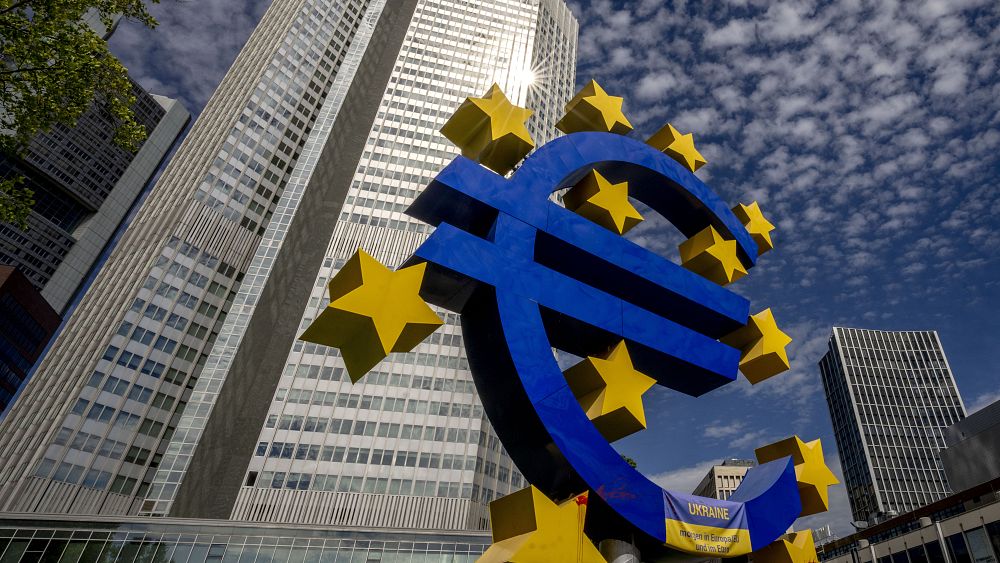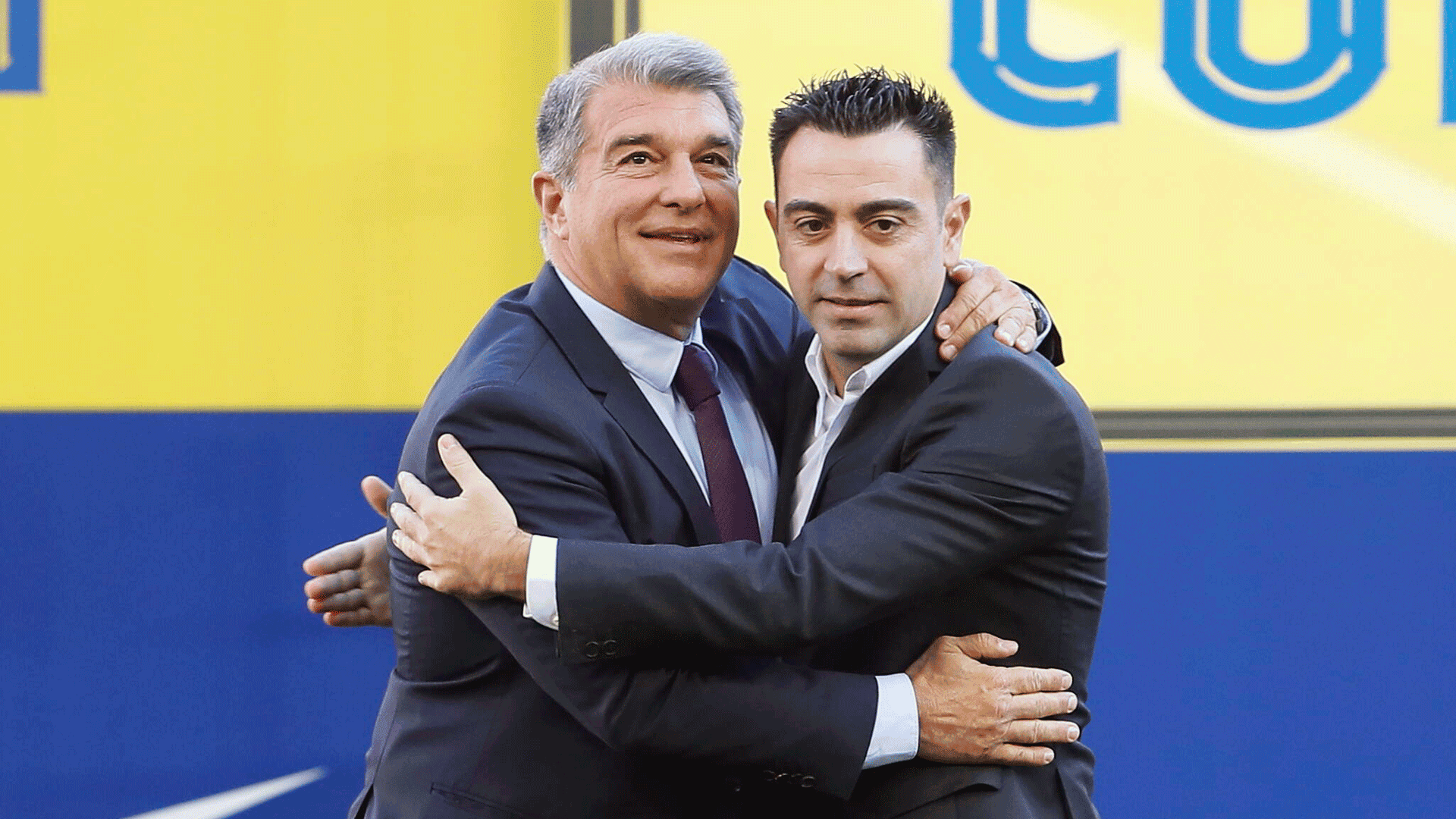The European Central Bank announced Thursday that it will raise interest rates to fight inflation, despite growing concerns over the gloomy economic outlook.
The bank again raised the three key interest rates by 75 basis points, bringing them between 1.5 and 2.25 percent. The bank has raised interest rates three times since July, similar to other central banks around the world. The central bank has also tightened conditions for low-interest bank lending.
The bank has warned eurozone governments to increase their public debt at a time when authorities seek to relieve pressure on households and businesses due to the massive increase in energy prices. “Governments should pursue fiscal policies that demonstrate their commitment to gradually reduce high public debt,” bank president Christine Lagarde said at a press conference, adding that policymakers should choose “temporary” measures targeting the most vulnerable. .
And Lagarde announced Thursday that short-term economic growth prospects in the euro area tend to decline, while inflation tends to rise, against the backdrop of the war in Ukraine affecting economic activity.
Lagarde said that a “prolonged war in Ukraine remains a serious risk” to growth in the euro zone, noting that “the possibility of inflation is more visible on the horizon”.
European equities began trading lower on Thursday morning as investors were cautious ahead of the European Central Bank’s decision to raise interest rates, as troubled Swiss bank Credit Suisse revealed restructuring plans.
The pan-European Stoxx 600 index fell 0.3% after closing a five-week high on Wednesday.
Shares of Credit Suisse fell 8.5% after announcing plans to raise 4 billion Swiss francs ($ 4.05 billion) by selling shares, cutting thousands of jobs and restructuring its bank. business, in an attempt to recover from a series of heavy losses.
The bank’s stock was among the biggest losers on the Stoxx 600 index, falling to a two-week low.


